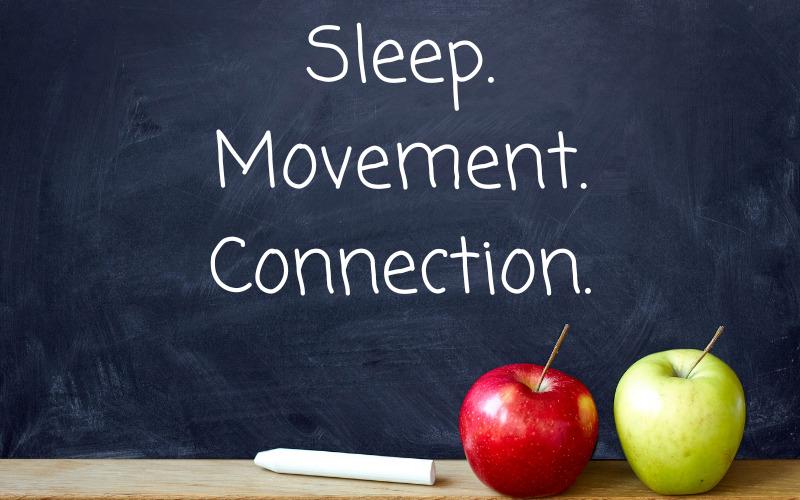Seasons in Oregon are so beautiful. I’m so used to them and I often take them for granted. I forget that there are many places that don’t experience seasons like we do. This has gotten me thinking about an issue for many kids that I often forget about as well, transitions.
Getting on their phone, getting off their phone. Starting a game, getting off their game. Starting homework, getting ready for bed, getting out of bed, getting out of their room. These are all examples of transitions our kids make (ideally) every day. A lot of them struggle with this and it can be helpful to understand why.
- They induce stress, which isn’t necessarily a bad thing.
- They often signal a new opportunity in waiting.
- Too many transitions in a short period, sometimes known as multitasking, can be both emotionally taxing and a very inefficient use of time and attention.
Whatever transition your facing will likely invite a lot of hope and optimism as well uncertainty and change. I want you and your teen to be as successful as possible in the weeks ahead. Below are five tips to help you. A clip from AM Northwest where I talk about this is below.
1. Expect some regression. A lot of us have been wound up and holding it together for a long time and we’re thawing out. The ability to exhale a bit may be met with heightened anxiety, sadness or grief. A lot of kids did relatively well with the simplicity that came with the pandemic. It was/is safe, comfortable and predictable. They also got more sleep. After more than a year of that, it’s not surprising that some of them will avoid getting back to their complicated, hurried and sleep starved lives.
2. Manage your own anxiety and stress. Things opening up also means a return to planning, scheduling and decision making which typically falls disproportionately on moms. The most common reason we lose it with our kids isn’t because we lack parenting skills, it’s because we’re exhausted and burned out. We’re better humans and parents when we prioritize the boundaries we need to take care of ourselves.
3. Prioritize the social/emotional skills: Our daughter has been really excited to go to a two week summer camp that she missed last year. She’s now having to deal with the anxiety of the reality that while it’s going to happen, which is really exciting, it’s also going to look different than she remembers. So we’re having ongoing conversations about that.
4. Listen and learn from each other. Rules and expectations will need to be continually updated and modified. As parents, we need to make more of an effort listening to our kids. They have good ideas and important perspectives to bring to the table. We also need to expect them to consider our point of view as well. The families with a culture of learning from each other and collaborating will be the most successful ones in the months ahead.
5. Practice frontloading. Frontloading is the process of getting ahead of a problem by anticipating it and talking about it before it comes up. For example, anticipating the fears and worries about going back to school and making a plan to help a reluctant child get through it will help them be more successful.







